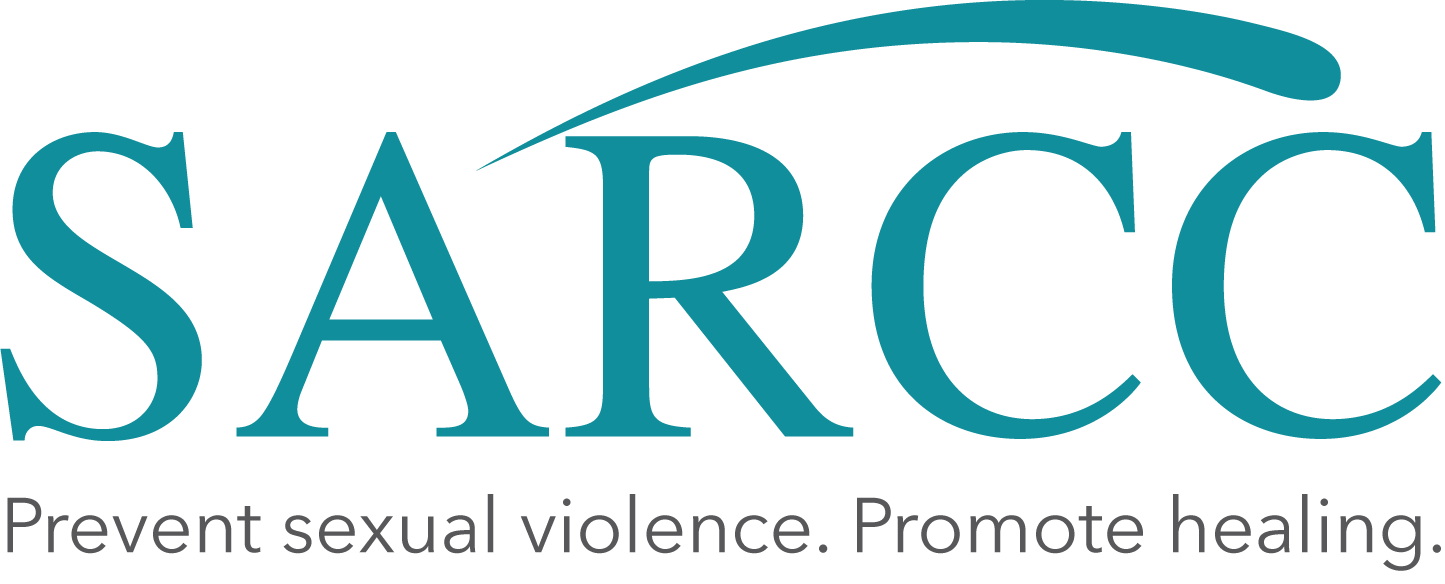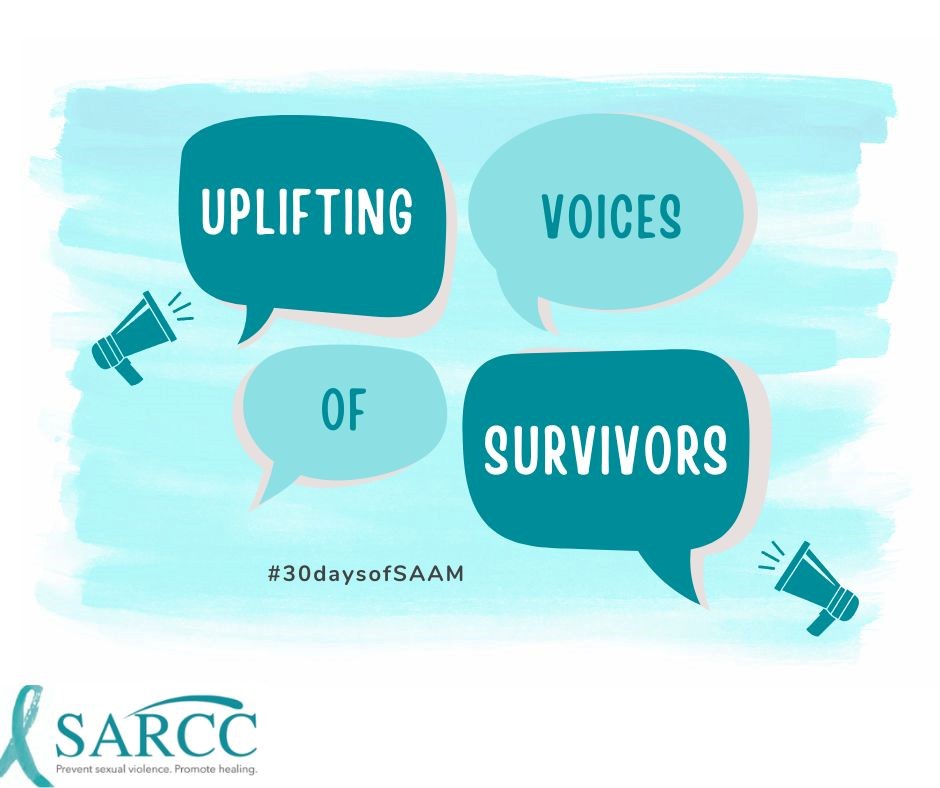Juneteenth is our newest federal holiday that is observed on June 19th. The term has gained popularity over the years, but many do not know what it is or why we acknowledge it.
In 1862, President Lincoln declared that as of January 1, 1863, “all persons held as slaves within said designated States, and parts of States, are, and henceforward shall be free.” That didn’t mean everybody, however, as slavery was still occurring in the Confederacy.
Social media didn’t exist. In fact, media was completely different back then, and it was only on June 19, 1865, that enslaved people in Texas were told that the Civil War was ended and that they were freed.
Think about it–Two and a half years. It took two and a half years for African American people to find out they were no longer enslaved. And we’re talking about slavery–violent, dangerous, life-threatening, or even fatal ownership of a person simply because of their skin color. Sexual violence committed by white enslavers was common, condoned, and even expected.
As an anti-oppression organization, we are committed to not only acknowledge injustice, but also to elevate the voices of people who have been silenced on micro and macro levels. Over the past few years, we have done extensive anti-oppression work in both Schuylkill and Lebanon Counties while understanding that the work is far from over. Working for racial justice is closely tied to sexual violence prevention. The same attitudes and behaviors that go into racist actions can also be used to commit sexual violence. Sometimes, sexual violence is used as a tool of racist oppression.
The Wayside Youth & Family Support Network has an excellent resource on their website entitled “10 Things We Want White People to Do to Celebrate Juneteenth.”
It includes some great ideas on how aspiring allies can use the day as an opportunity for learning more about the anti-racism movement.
While Juneteenth is known in the Black community as a day of celebrating freedom, we need to understand that freedom is born from oppression. We also need to understand that freedom is not an all-encompassing term that means everything is perfect. Inequalities exist, and it’s imperative to recognize and differences while we strive for a better society for everyone, especially those who have been systemically discriminated against.
Resource of the Week: 10 Things We Want White People to Do to Celebrate Juneteenth – Wayside Youth & Family Support Network
“This blog post was written by SARCC Sexual Assault Counselor Alicia Rathosky.”



